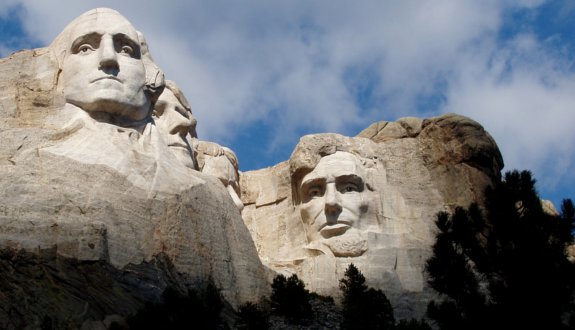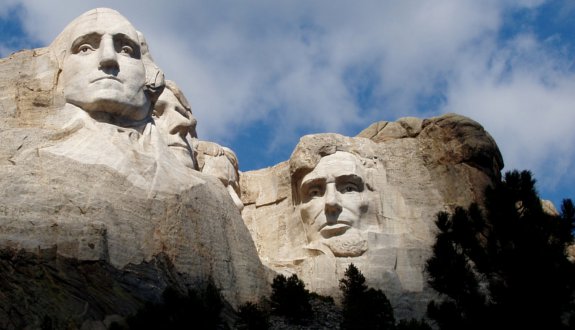Spend the Holiday with Some Presidential LSAT Flaws
- by
- Feb 21, 2012
- Advice on Logical Reasoning, LSAT
- Reviewed by: Matt Riley


It’s Presidents’ Day, which means a day off for the lucky ones among us. Since our business here at Blueprint is the LSAT, it’s also the perfect time to look at some President-related logical fallacies. The official federal holiday is in honor of George Washington’s birthday, but we’ll take a broader look.
Equivocation: Bill Clinton, our 42nd President, famously said, “I did not have sexual relations with that woman.” Now that we know many of the details of his affair with one Monica Lewinsky, it would be easy to call this statement a fantastic lie. We could also say that President Clinton was simply doing what an LSAT flaw question answer choice might call equivocating with respect to a key term. If we accept a very limited definition of sexual relations, then it’s possible that maybe, just maybe, his statement wasn’t an outright lie. Maybe. Clinton took the LSAT, so maybe he got some ideas.
Temporal: Abraham Lincoln, our 16th Prez, never went to law school. Nor did he ever pass a bar exam. I’m going to go out on a limb and say he never took the LSAT either. Yet he was admitted to the bar of Illinois in 1837, practiced law, and, of course, went on to become President. So, this whole LSAT thing? Law school? The bar? Forget about it. It is clear that none of them are necessary to a distinguished legal career. If you haven’t thrown away your LSAT books yet, you probably recognized that I just committed a glaring temporal fallacy. What worked for Lincoln in 1837 is highly unlikely to work for you in 2012.
Absence of Evidence: In a widely repeated anecdote, six-year-old George Washington, later to become the 1st President, was said to have chopped down his father’s cherry tree with a hatchet. When his father questioned him about it, the story goes, young George, unable to lie, admitted his deed. The story has been purported to illustrate Washington’s great strength of character even at such an early age. The problem is that all mentions of this story trace back to a biography by one Mason Locke Weems, who is known to have made a bunch of stuff up. So, unfortunately, we must conclude that the story is false and that George Washington was a lying little kid. If you’re on the ball with your LSAT studies you probably noticed an absence of evidence fallacy in that last sentence. The support for the story is questionable, but that doesn’t mean that the story is definitely false. More importantly, even if the story is untrue, and it probably is, that doesn’t mean that young George Washington was dishonest. The LSAT might call this fallacy taking a failure to prove a claim is true as evidence the claim is false.
In the spirit of the enduring popularity of Canadian geography in LSAT logic games, I would be remiss if I didn’t wish everyone in Alberta, Manitoba, Ontario, Prince Edward Island and Saskatchewan a happy Family day. And happy LSAT studies to all.
Search the Blog

Free LSAT Practice Account
Sign up for a free Blueprint LSAT account and get access to a free trial of the Self-Paced Course and a free practice LSAT with a detailed score report, mind-blowing analytics, and explanatory videos.
Learn More
Popular Posts
-
logic games Game Over: LSAC Says Farewell to Logic Games
-
General LSAT Advice How to Get a 180 on the LSAT
-
Entertainment Revisiting Elle's LSAT Journey from Legally Blonde








